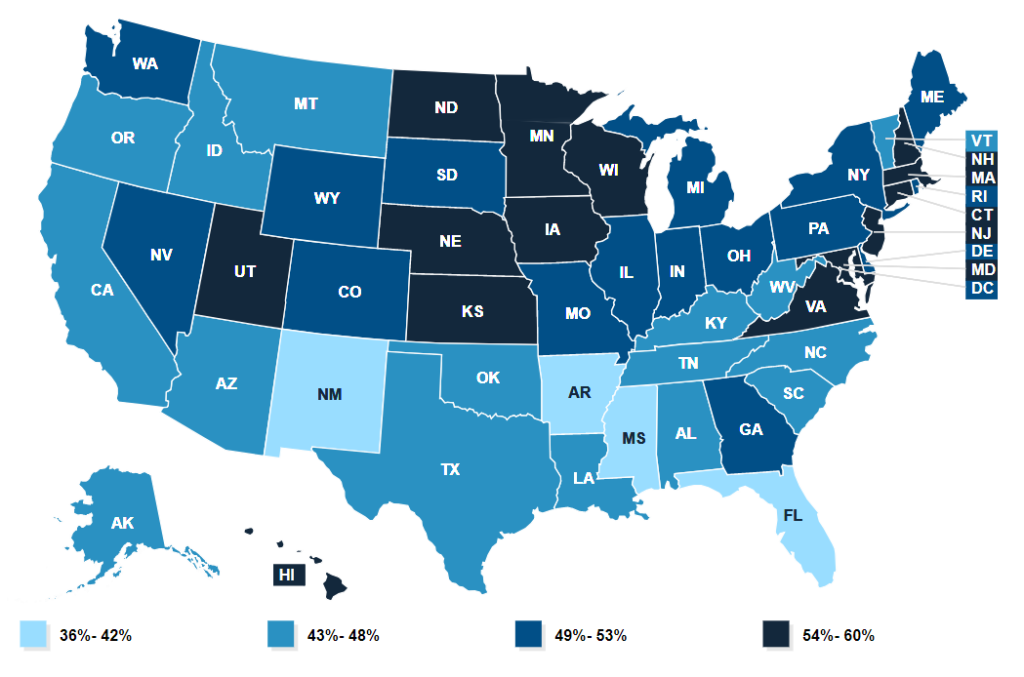In a world where globalization is growing, the concept of social insurance is more important than ever. Since more Americans work abroad and international workers contribute to the US economy, it is necessary to maintain the advantages of social insurance portability across countries.
This article describes the complications of social insurance, and the current issues facing US and international workers in the United States.
What Is Social Insurance?
Social insurance is the ability to maintain and relocate social security such as retirement, disability, and health care when traveling from a certain country to another.
This concept is particularly suitable for individuals working in multiple countries in their careers. Securing relocation means that the workers do not lose their accumulated benefits when they cross the border.
The Importance of Overseas American Workers
For American workers living abroad, social insurance guarantees that they can reach the benefits of social security, regardless of where they live. The United States has established a reconciliation agreement with many countries to promote the process.
These contracts allow workers to promote two social security systems at the same time, and the combination of the coverage period between the two countries will not be able to qualify.
Key Countries with Totalization Agreements
The United States has totalization agreements with 30 countries, including Canada, the United Kingdom, Germany, and Japan. These agreements cover various benefits such as retirement, disability, and survivor benefits. For instance, an American who has worked in both the U.S. and Germany can combine their work credits from both countries to qualify for benefits.
Challenges in Social Insurance Portability
Despite the existence of totalization agreements, challenges remain. One significant issue is the variation in the retirement age and benefit structures between countries. For example, if an American expatriate worked in a country with a lower retirement age than the U.S., they might face difficulties in accessing their full benefits.
Another challenge is the difference in healthcare benefits. In countries with universal healthcare, expatriates might face difficulties in getting coverage if they return to the U.S. without adequate private health insurance.
Impact on International Workers in the U.S.
International workers in the U.S. also benefit from social insurance portability across countries. Totalization agreements help avoid dual taxation on social security contributions and ensure that workers can combine work periods from different countries to qualify for benefits. This is particularly beneficial for multinational companies employing a diverse workforce.
Steps to Ensure Your Benefits
Understand Totalization Agreements: Familiarize yourself with the countries that have agreements with the U.S. and the specific benefits covered.
- Track Your Work Credits: Maintain accurate records of your work periods in different countries to ensure you meet the eligibility criteria for combined benefits.
- Stay Informed on Policy Changes: Social insurance policies can change, affecting portability. Regularly check updates from the Social Security Administration (SSA) and equivalent bodies in other countries.
- Consult with Experts: Seeking advice from social security experts or legal professionals can help navigate complex scenarios involving multiple countries’ systems.
Conclusion
Social insurance portability across countries is a vital consideration for American expatriates and international workers in the U.S. Understanding the totalization agreements and the challenges involved can help ensure that workers retain their hard-earned benefits regardless of where they live and work.
Staying informed and proactive is key to navigating this complex but essential aspect of global work life. For more detailed information, visit the Social Security Administration’s page on International Program. Additionally, the International Social Security Association provides comprehensive resources on social insurance systems worldwide.
